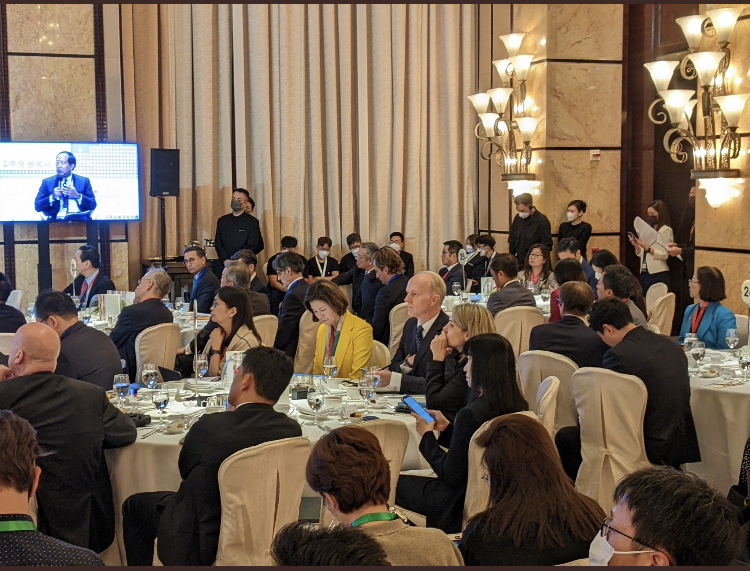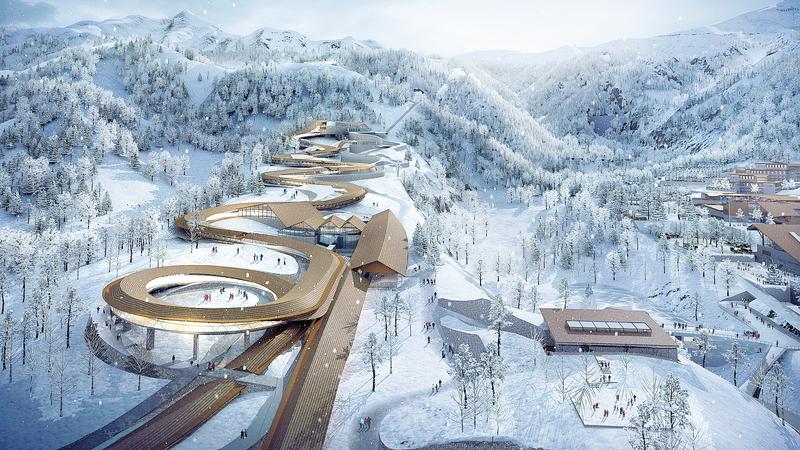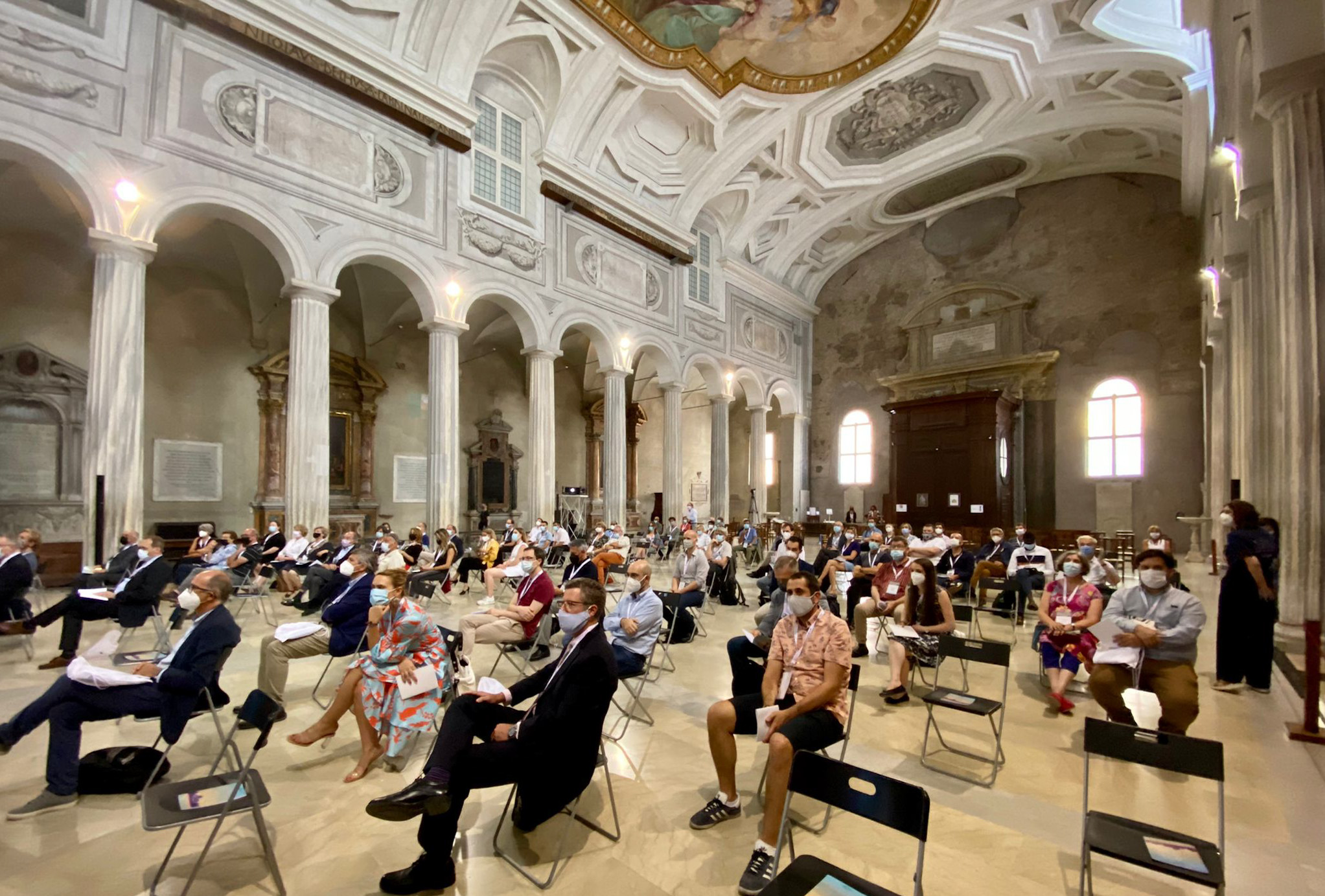How should meeting planners and organisers put a timetable together for an upcoming conference or incentive trip? Those looking for a cut-and-dried answer are bound to be disappointed.
A whole list of variables has to be taken into consideration when drawing the timeline for an event from beginning to end. Setting the timeline could be as far back as five to six years if the event is an association congress or as little as a few weeks for an internal corporate meeting.
“There is no magic time when the clock should start ticking. It is all relative to the nature of the event, the scale of the event and the number of attendees. It also depends on how much promotion and advertising you need to drum up awareness of the event among other things,” says David Jones, associate professor and undergraduate programme director of the School of Hotel and Tourism Management at the Hong Kong Polytechnic University.
The most important thing to do at the beginning of any planning is to clarify the objective and purpose of the event.
“Only then will they have a better idea of what they need to do in order to make it happen,” Jones says, adding “the next step in the process is to determine the set-up and what time of structure the meeting will be” so that they can tell the hotel or venue exactly what they need.

Setting the event date
Professor Jones notes the event date hinges largely on the availability of venues. Event organisers have to confirm the meeting venue and the number of guestrooms in advance to protect and block them.
“Generally speaking, the first real threshold that organisers think about is around guestrooms,” he says. “Most hotels will tell you that 30 days out or less, they won’t guarantee conference convention rates because they need to release the rooms that you haven’t used to sell to corporate and leisure guests.”
At Pacific World in Hong Kong, events professionals start with the event date and work on the schedule backward from there.
“The execution steps start from determining the event date. For example, you cannot invite attendees to the event before choosing the venue. You cannot choose the venue before determining the client’s budget,” says Peggy Lau, regional general manager at Pacific World in Hong Kong.”
She adds: “In addition, once the event date has been confirmed, we can start to consider ‘internal’ timetables to follow. For example, hotels set deadlines for room lists, deposits and cancellations.
“If the client requires gifts to be produced for the event, our supplier will require a minimum period to place, process and deliver orders.”
Lead Times
While most organisers prefer to have a long lead time to prepare for an event, they would have to accept that they will be called to work on a project at crunch time.”
“Nowadays, the lead time from planning to the actual event day depends a lot on the client. It could be anything from two weeks to one month to one year,” Lau says.
“One has to consider that most clients either work on back-to-back events or overlapping events so it is difficult for us to dictate a minimum time frame to the client, rather we need to be flexible and accommodate the client as best we can,” she adds.
“To be effective in time management, you need to be a process thinker,” says Singapore-based Michael Tay, director of operations for Asia-Pacific at Meeting Professionals International (MPI), noting that there are certain actions that need to happen at specific points in the timeline.
In putting together an event where there are a number of moving pieces, the ability to prioritise and move through key milestones in the timeline enables event management to run like clockwork. Seasoned meetings professionals have a fairly good grasp of how things need to be accomplished in the run up to the event.
“The challenge is that everything (that needs to be done) seems urgent at the same time,” notes Tay. “Organisers have to remind themselves that each task has to be done sequentially. For example, you cannot launch your website until you have confirmed the date and venue, and so on down the line. Time management needs to be a process-driven thing to work.”
Organisers need to get all the information about the event down to the smallest detail and plot them into the schedule.
Tay explains the need for this: “Your common enemy is time. The last thing you want to do is to backpedal.”
Event checklist
In time-keeping, the event checklist is an organiser’s indispensable tool. This working document that breaks down the myriad tasks to be done in bite-size pieces with the details listed down in minutiae. It also lists down the name of the person responsible for fulfilling each task.
The event checklist is “the Bible” that each one in the event management team refers to when questions or issues arise.
Meeting and Convention Planner Thailand normally has a checklist of about 15 to 20 pages, detailing transport logistics, venues and guestrooms, food and beverage, entertainment, programme agenda and more. The pages of the checklist can go up or down depending on the complexity of a group’s requirements.
“It’s hard to remember the small details. A standard checklist helps an organiser go through the process with a semblance of order,” says Marina Chinanurakchart, director of sales and marketing at Meeting and Convention Planner Thailand.
“It tells you exactly what is going to happen and who is responsible for any given task at specific times.”
Events experts emphasise the need for event organisers to get as much information about their clients’ requirements as well as expectations to anticipate and address potential issues.
The checklist has to be updated in real-time and changes have to be communicated clearly to people in the events team.
“As a rule of thumb, an event manager must not assume. He must not hesitate to
ask for the details to get the full picture. He must also constantly check. If someone tells him ‘it is being done’. He must know precisely how it is being done,” Tay says.
Be flexible
Professor Jones says events professionals must not only be organised to the point of following through on every detail but also be flexible enough to easily adjust to changes.
“The best laid plans get thrown out of the window once the event itself starts to happen and you have to start going with the flow.”
However, he emphasises that an events manager will not be able to make last-minute changes unless they have a checklist that tells them what activity and when it is supposed to happen.
“Just be prepared to go through all the adjustments. But you need that checklist so that you are able to tell if you are running on time,” he says.
Peaks and valleys
Timing is essential in building the momentum needed to make an event memorable
“A watched pot never boils.” This popular adage is certainly true the way the human brain tends to contract and prolong time, depending on the task at hand, writes Gigi Onag.
While time is measurable, psychologists say people’s perception of it varies on how engaged the mind is. A 30-to-60 minute presentation seems quite a stretch when only one speaker is talking without audience interaction, while a two-hour programme that involves some hands-on participation from the attendees may rush by.
To sustain the delegates’ interest for a day or a few days, organisers design programmes that reach several peaks at regular intervals during the entire length of the event.
Thailand-based Diethelm Events now considers the “energy flow” of each event, ensuring proper balance and momentum. The main goal is for the event’s programme to build to a grand finale.
“Bad sequencing of programme elements can lead to a standard event experience, where you lose participants’ interest,” says David Barrett, Diethelm Events executive manager.
He adds: “Programming magical moments, building a series of group dining experiences and adding nice surprises as the event timeline progresses results in outstanding and memorable events.”
The scheduling of the arrival date of overseas participants has to be scrutinised to ensure that they are given time to adjust to the local time zone. Jet-lag plays a significant part in the delegates’ ability to experience and enjoy the line-up of activities.
For events that involve guests flying in from different places, it is standard practice for organisers to have groups from long-haul destinations arrive a day earlier.
Says Marina Chinanurakchart (pictured above), director of sales and marketing at Meeting and Convention Planner Thailand: “If that is not possible, everybody arrives on the first day and there is a simple welcome dinner, which is timed to end early to allow guests from Europe and America a restful night. We typically reserve the elaborate gala dinner until the end of the event, when most delegates have adjusted to the local time.”
Meeting and Convention Planner Thailand keeps a separate checklist called a “programme sequencing checklist” for key highlights of the events, which may be a teambuilding session or farewell gala dinner.
“In drawing the timeline for each of event highlights, we make sure that the programme sequence flows and the pacing is neither too fast nor too slow,” Chinanurakchart says.
“If a company, for example, wants to hold an awards presentation. We would typically ask the client not to allow each awardee to have an acceptance speech. A group acceptance speech will suffice. We also recommend the insertion of a musical or dance performance in the middle of the programme to avoid monotony.”
Anthony Ang, director of international sales at Pacific World Singapore, has this advice for keeping an event’s momentum: “Offer a good range or variety of experiences in that destination. Watch out for ‘taxing’ versus ‘relaxing’ components and stagger them accordingly, so that the programme does not get too taxing or too relaxing at one go.”
Event timings also must take into account a group’s cultural preferences and time zone differences.
“A gala banquet for an Indian client may have the group start dinner at around 11pm just after entertainment,” notes Barrett of Diethelm Events, adding “for a Chinese group, dining may end by 10pm so guests can head off to the nightlife and late-night shopping.”
COMMUNICATE EFFECTIVELY
Nowadays email is the main mode of communication among members of the events-management team regardless of whether you are the client or a third-party organiser.
But a badly written email can a negative impact on your timeline and can result in damaging delays to the event-management process.
Michael Tay of MPI observes: “Many write their email messages the way they write their text messages. From a cultural standpoint when the recipients are from other countries, there are words and jargon that may not easily understood.”
In this case, it is likely the several emails will be exchanged before the intent of the message is clearly communicated. If emails are crossing boundaries and time zones, an unclear email means wasted time.
Tay points out emails must be “as complete as possible”, stating key facts and highlighting key issues.
“Communicate with a sense of convenience and form of consideration on how the message will be received,” Tay says.
He adds: “I find that breaking down topics into bullet points makes it easier for the reader to digest and understand what I’m saying.”
DOS
l Listen to your client and be flexible
l Analyse and prioritise tasks
l Schedule a time frame for completing each task
l Identify when extra help is need, as well as how to delegate, outsource, and even partner with suppliers in crunch periods.
l Communicate with people around you, making sure that everyone is on the same page during the run-up to as well as during the actual programme itself
l Consider the time zone your guests are coming from
l Be in tune with the nationality traits of each group and plan meals that fit their usual dining trends. Do they generally eat dinner early or very late?
l Have a contingency plan
DON’TS
l Present a client with “your” preferences only
l Have too long a “to-do” list
l Work against the deadline, rather work within it
l Make session breaks too long – ten to 15 minutes should be enough
l Serve food with a lot of sugar during breakfast or food that is too rich during lunch


